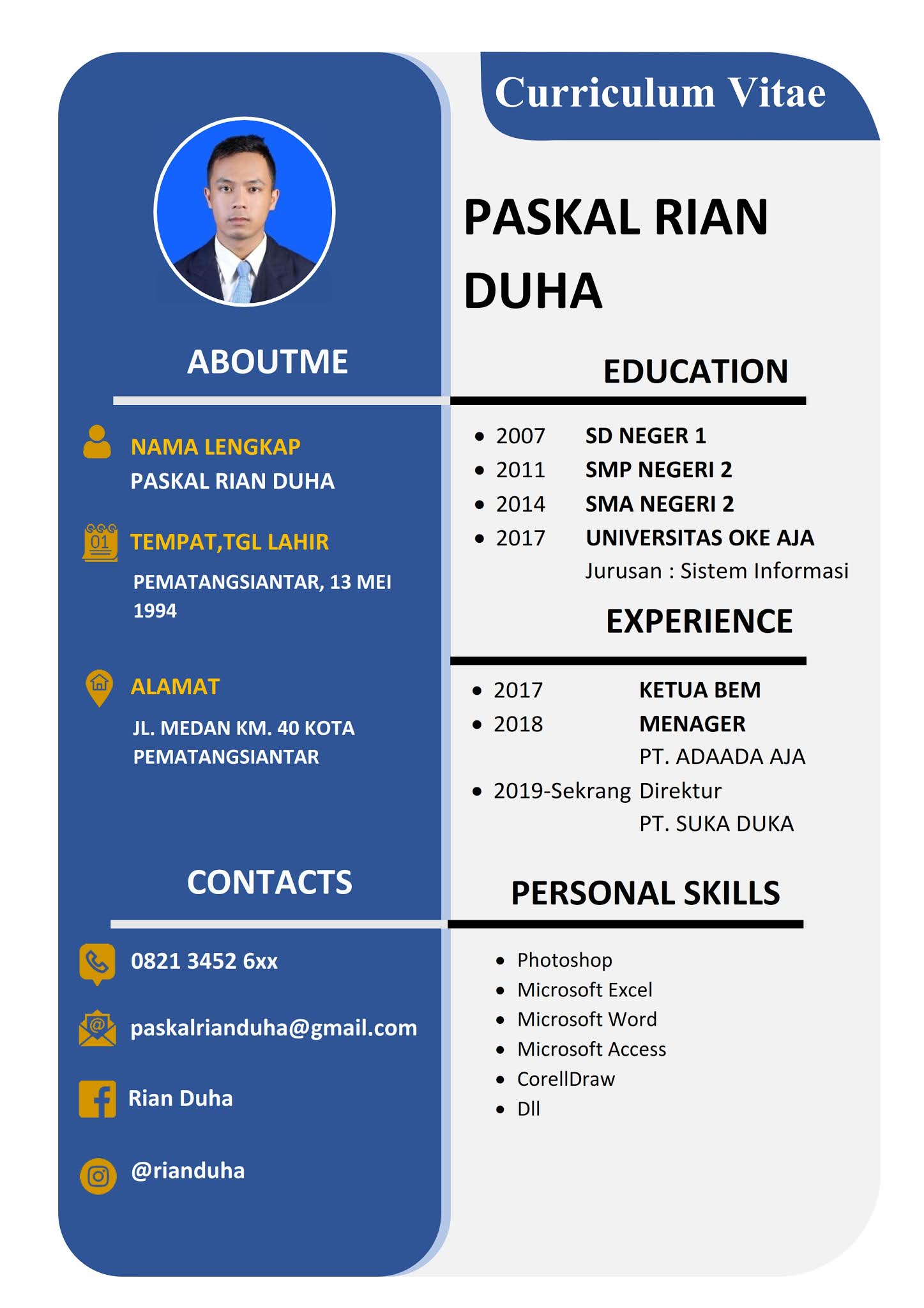Navigating Job Vacancies: A Simple Guide
Finding the right job can feel like searching for a needle in a haystack. The sheer volume of information available can be overwhelming. Where do you even begin? This guide simplifies the process of navigating job vacancies, offering practical advice and insights to help you find your next opportunity.
Job vacancies, also known as job openings, employment opportunities, or open positions, are essentially unoccupied roles within an organization. They represent a potential match between an employer seeking specific skills and an individual looking for suitable employment. The process of filling these vacancies is a crucial aspect of both individual career development and the overall health of the economy.
The concept of job vacancies has been around as long as organized labor itself. Historically, information about available positions was spread through word of mouth, local newspapers, and community bulletin boards. The rise of the internet revolutionized this process, creating online job boards and company websites dedicated to connecting employers and job seekers. This digital transformation significantly expanded the reach and accessibility of job vacancy information.
Understanding the landscape of job vacancies is crucial in today's dynamic job market. It empowers individuals to make informed decisions about their career paths and equips them with the tools to effectively navigate the job search process. The ability to identify, evaluate, and pursue suitable job openings is a fundamental skill for anyone seeking employment or career advancement.
One of the main issues surrounding job vacancies is the information gap that can exist between employers and potential candidates. This can lead to mismatches, where qualified individuals miss out on opportunities due to unclear job descriptions or ineffective outreach. Similarly, employers may struggle to find suitable candidates due to a lack of visibility or difficulty in reaching the right talent pools. Bridging this gap is key to ensuring a more efficient and effective job market.
Finding suitable job vacancies involves several key steps. Start by identifying your skills, interests, and career goals. Then, utilize various resources such as online job boards, company websites, and professional networking platforms to explore available positions. Tailor your resume and cover letter to each specific job application, highlighting your relevant qualifications and experience. Preparing for interviews is essential, as is following up after submitting your application.
Three key benefits of effectively navigating job vacancies are career advancement, financial stability, and personal fulfillment. Career advancement is achieved by finding roles that offer new challenges and opportunities for growth. Financial stability comes from securing a steady income stream that meets your needs. Personal fulfillment is derived from engaging in work that aligns with your values and passions.
Advantages and Disadvantages of Focusing on Specific Job Vacancies
| Advantages | Disadvantages |
|---|---|
| Targeted job search | Potentially missing other opportunities |
| Increased chances of a good fit | Limited scope of search |
Best Practices for Navigating Job Vacancies:
1. Network actively: Connect with people in your industry.
2. Use multiple job search platforms: Explore various online resources.
3. Tailor your application: Customize your resume and cover letter.
4. Prepare for interviews: Practice your responses to common questions.
5. Follow up strategically: Send thank-you notes and check on application status.
Frequently Asked Questions:
1. Where can I find job vacancies? (Online job boards, company websites, networking events)
2. How do I write a compelling resume? (Highlight relevant skills and experience)
3. What should I expect during a job interview? (Be prepared to discuss your qualifications and answer questions)
4. How do I follow up after an interview? (Send a thank-you note and inquire about the hiring timeline)
5. What are some common interview questions? (Tell me about yourself, why are you interested in this role, what are your strengths and weaknesses)
6. How can I negotiate my salary? (Research industry standards and be prepared to discuss your value)
7. How do I handle rejection? (View it as a learning opportunity and keep applying)
8. What are some tips for staying motivated during a job search? (Set realistic goals, celebrate small wins, and maintain a positive attitude)
Tips and Tricks: Stay organized by keeping track of applications, deadlines, and interview schedules. Utilize online resources to research companies and industries. Practice your interviewing skills with a friend or family member. Remember to maintain a positive attitude and focus on your strengths.
In conclusion, navigating the world of job vacancies requires a proactive and informed approach. By understanding the landscape of available positions, utilizing effective search strategies, and presenting yourself professionally, you can significantly increase your chances of finding the right opportunity. The importance of securing meaningful employment cannot be overstated. It provides not only financial stability but also a sense of purpose and accomplishment. Finding the right job is a journey, not a destination. Embrace the process, stay persistent, and remember that each step you take brings you closer to your career goals. Take the time to carefully consider your options, research potential employers, and prepare for each stage of the application process. The rewards of finding a fulfilling career are well worth the effort. So, take a deep breath, stay positive, and start exploring the possibilities that await you. Your next dream job could be just around the corner.
Staying informed during a columbia gas service disruption
Sonic the hedgehog 3 amy rose casting speculation
Starboard side nautical know how for smooth sailing














